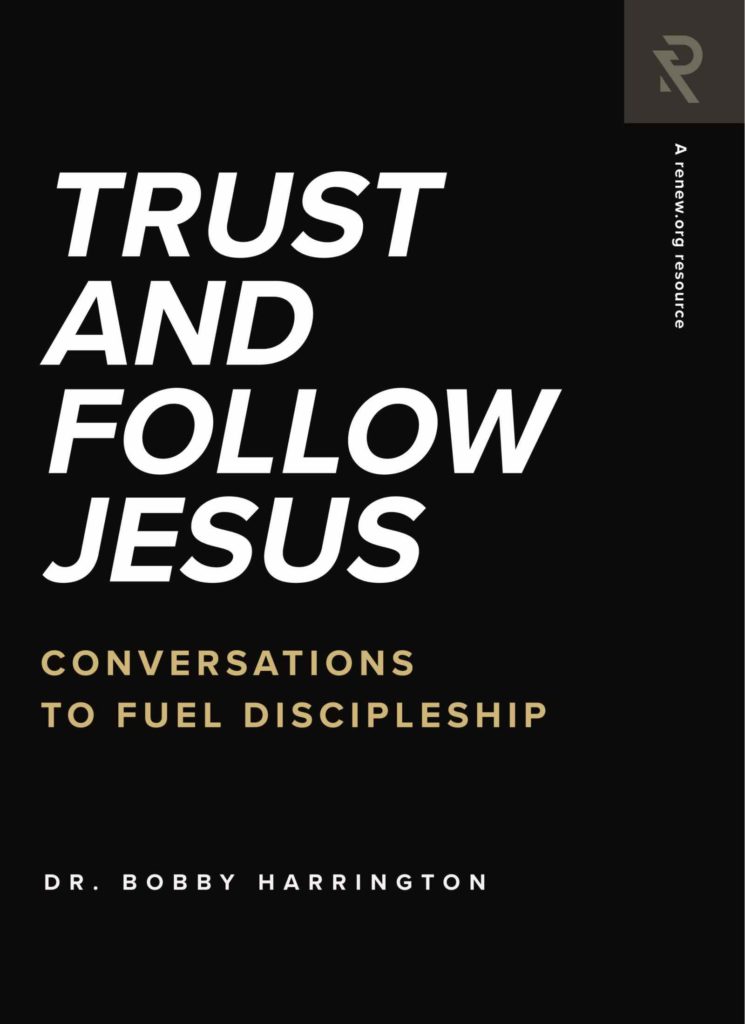
Relationship and Rhett & Link’s Deconversion
(For Part 1 of this series, click here.)
Rhett starts his story by asserting the validity of his relationship with Jesus, saying, “I believed Jesus was the Son of God, that a personal relationship was the only way to be saved, the only way to go to heaven when you die. And this belief defined everything for me.” Later he adds, “I want to emphasize how big of a deal it was to me. It was a relationship” (Rhett’s Spiritual Deconstruction, YouTube, 8:52-9:42).
Because relationship is so central to Christianity, I want to focus on this idea first.
It’s important to recognize that God relates to everyone and is trying to reach everyone. God was counseling Cain before he killed Abel and confronted him after (Genesis 4). Likewise, God went so far as to use a donkey to speak to Balaam (Numbers 21). Still both men continued on destructive paths despite God’s intervention. Consequently, we should not flippantly dismiss Rhett or Link’s relationships with God (there were actually elements of Rhett’s story that impressed me as to how God typically speaks).
However, at the end of Link’s story, he concludes that because there have been such varieties of disparate religious experiences, “God’s not personal” (Link’s Spiritual Deconstruction, YouTube, 1:19:35).
Should we conclude that Rhett did have a personal relationship and Link didn’t? I don’t know. Still, we should keep in mind that Satan’s first words to humanity were, “Did God really say…?” (Genesis 3:1).
Satan is in the business of making people doubt God.
When describing his relationship with God, Rhett says,
“I had placed a lot of faith, not just in God, but in these people who helped me understand why I believed what I believed from an intellectual standpoint, right. I had a very real emotional, personal, spiritual relationship with God that I was practicing. But there was this intellectual foundation that whenever I had a doubt I would kinda retreat to this intellectual foundation, and all of the sudden those people I had been trusting in, I began to doubt that I had been shown or told the truth about other things” (R.S.D., 32:08-32:39).
One of the ideas this paragraph suggests is that Rhett had a “relayed” relationship with God rather than a personal relationship with God. Rather than going to God directly for insight and hearing directly from God, Rhett was working through intermediaries. While God does use the counsel of godly believers, this should never be the primary method of relational interaction.
Link, on the other hand admits, “I didn’t have a quality of relationship with God where I was motivated to connect with him, to pray, to do like the spiritual disciples, like study the Bible and pray—the things that I felt were a true test of intimacy with God, like the human’s role in that” (Link’s Spiritual Deconstruction, YouTube, 34:40). Neither of these relationships actually appears to be personal. Rhett had a “relayed” relationship with God, and Link wasn’t motivated to do the work needed for the relationship.
At the same time, Rhett and Link’s faith, especially their early faith, was based on rules.
Rhett says, “Compared to the general population, we were legalistic, without a doubt, because we did have a bunch of rules that were sort of, you know, interpretations of the Bible” (L.S.D., 33:55). Because they were basing their lives on rules, Link, a few minutes before, describes his spiritual life as being “defined by shame and frustration [with himself].”
This idea of faith based on rules reminds me of a saying my Mom drilled into me when I was a kid:
“Rules without relationship lead to rebellion.”
At the same time, this seeming absence of personal exchange between Rhett or Link and God brings up a notable absence in their narratives. If I am asked about my relationship with someone, the first thing I do is tell stories.
Suppose someone asks me, “Luke, do you know Grant Smith?”
I will say, “Yes. I know Grant. I put a snapping turtle in his toilet when we were in college,” and then I will tell how it happened. I will recount how his floor of Cru guys was pranking my floor of Cru guys, and I caught a snapping turtle while fishing with the specific intent of transporting said turtle one hundred miles so that I could deposit it in Grant’s toilet. I will tell you how Grant woke up in the morning, wandered into the bathroom without his glasses on, and spotted a dark, writhing shape in the porcelain throne. I will tell you how he went to church, befuddled and disoriented, because said snapping turtle was too large to have crawled up the pipes.
I won’t stop there either. I will go on to tell story after story.
The same holds true for my relationship with God. I can recount one experience after another about how I have seen God work, either in my life or someone else’s.
I don’t know why Rhett and Link’s accounts don’t have those stories included. Maybe they don’t have them. Maybe they do have them and didn’t share them. Either way, I wonder why. Perhaps these stories would make them look crazy—stories involving God have the tendency to do that—or maybe they’d undermine their arguments. I don’t know the answer.
All these relational factors came together for me in a personal way as I was processing this series of Ear Biscuits podcasts. I was experiencing this maelstrom of emotions while trying to respond logically, form counter arguments, etc. The experience was rather unsatisfactory until I turned my anger on God, and accused,
“How could you lose them?”
Only after that did I begin to feel comfort.
God is big enough to handle our doubt.
Two of the greatest men in the Bible—Moses and Elijah—essentially prayed, “God, kill me now. I don’t want to do this anymore” (Numbers 11:14, 1 Kings 19:4).
God’s response was not anger, but rest. That’s what healthy relationship looks like.
To see more from Luke, visit his website https://postjadedmk.com.








